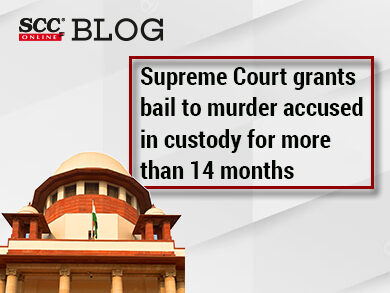
Supreme Court grants bail to murder accused in custody for more than 14 months
In a case of Cross FIRs relating to murder and attempt to murder, the Supreme Court has granted bail to the main accused in the murder case

In a case of Cross FIRs relating to murder and attempt to murder, the Supreme Court has granted bail to the main accused in the murder case
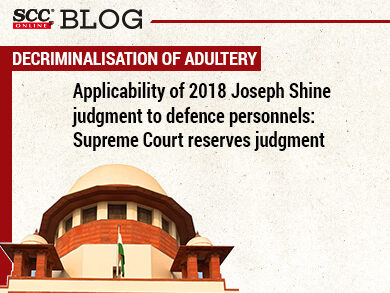
Applicant submitted that the 2018 judgment may cause instability within the defence personnel’s services since they function in peculiar conditions who are separated from their families for long durations when posted on borders under challenging conditions, in view of the 2018 judgment, there will always be a concern in their minds about the family indulging in untoward activity.
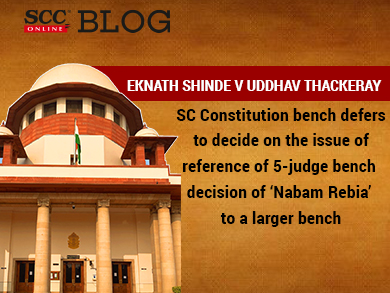
The Supreme Court held that the issue of whether a reference to a bench of 7 judges should be made cannot be considered in the abstract, isolated and divorced from the facts of the case. The bench to decide the issue, along with the merits of the case on 21-02-2023.
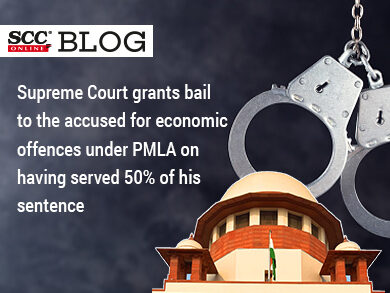
The petitioner had contended that on account of his wife’s death, he was released on interim bail and had duly complied with all the conditions and had timely surrendered himself. The petitioner had also mentioned the fact that the two main accused in the case were enlarged on bail three years ago who were residents of Kanpur, Uttar Pradesh.
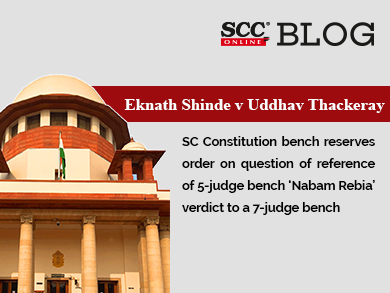
The Supreme court while considering the plea posed by Senior Advocate Kapil Sibal appearing on behalf of Uddhav Thackeray faction seeking reference of the Nabam Rabia judgment reserved its order dated 16-02-2023.
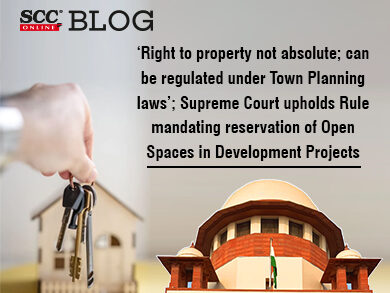
The Supreme Court observed that an owner of land may not have an absolute and unqualified right which is the idea which not unnaturally comes to mind when the idea of ownership is under consideration.
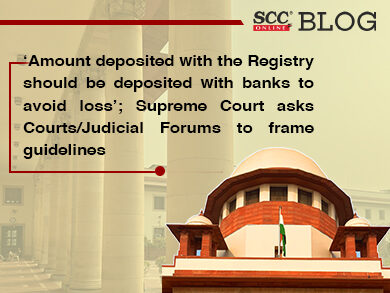
In a builder-home buyers’ dispute, the Supreme Court agreed with the builder ‘s argument that the rule embodied in Order XXI, Rule 4 of CPC, was applicable and the builder could not be fastened with any legal liability to pay interest after April 2005. The bench further opined that all courts and judicial forums should frame guidelines in cases where amounts deposited with the office or registry of the court or tribunal, should mandatorily be deposited in a bank or some financial institution, to ensure that no loss is caused in the future.
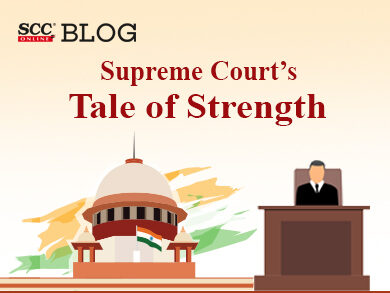
The discourse around judicial vacancies and 7 new Supreme Court appointments have created quite a curiosity regarding the workings of the Supreme Court. With the Supreme Court now functioning at its full sanctioned strength, there is however, an interesting history of this Sanctioned Strength- (hint: it was not always 34!)
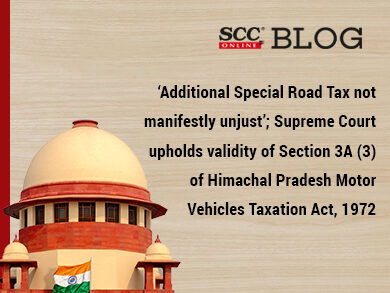
The State of Himachal Pradesh had appealed against the High Court’s decision which held Section 3A (3) of Himachal Pradesh Motor Vehicles Taxation Act, 1972 as ultra vires of the powers conferred upon the State Government under the Constitution of India. The Supreme Court set aside the said judgment of Himachal Pradesh High Court upholding the validity of Section 3A (3) and related notifications.
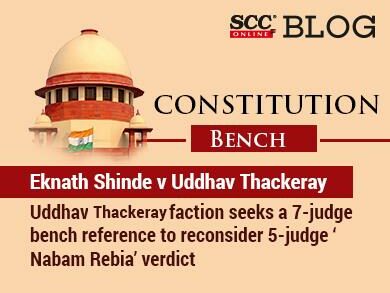
Senior Advocate Kapil Sibal went on to argue that the ‘rebel’ MLA’s action was a misuse of the Nabam Rebia principle as this could mean that the disqualification proceedings could be stalled by merely sending a notice seeking the Speaker’s removal. He placed heavy reliance on Article 179 and 181 and the 10th Schedule of the Constitution of India. The hearing before the Supreme Court will continue tomorrow i.e., 15-02-2023.
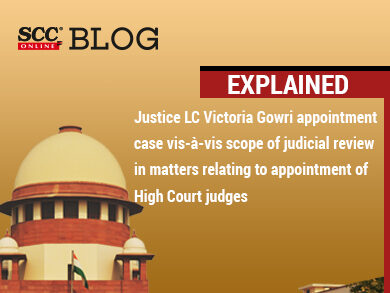
Supreme Court said that the conduct of the judge and her/his decisions must reflect and show independence, adherence to the democratic and constitutional values. This is necessary as the judiciary holds the centre stage in protecting and strengthening democracy and upholding human rights and the Rule of law.
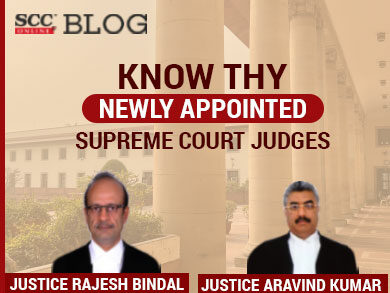
With former High Court Chief Justices Rajesh Bindal and Aravind Kumar swearing in as Supreme Court Judges, read to know about the new appointees and what it means for Supreme Court’s Judges’ strength.
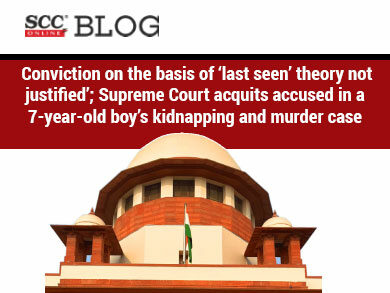
The Supreme Court was of the view that the basic principle of criminal jurisprudence is that in circumstantial evidence cases, the prosecution is obliged to prove each circumstance, as well the as the links between all circumstances, beyond reasonable doubt. Such circumstances, taken cumulatively, should form a chain so complete that there is no escape from the conclusion that within all human probability, the crime was committed by the accused and the same should unerringly point towards the guilt of the accused.
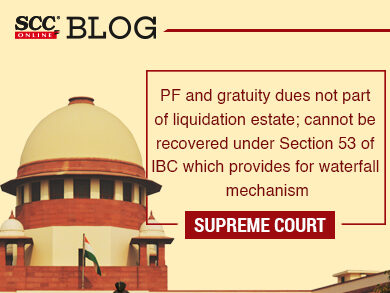
Supreme Court upheld the NCLT order that the provident fund, pension fund and gratuity fund are not part of the liquidation estate, for distribution under Section 53 of the IBC and the same has to be paid to the employees under the stated heads.
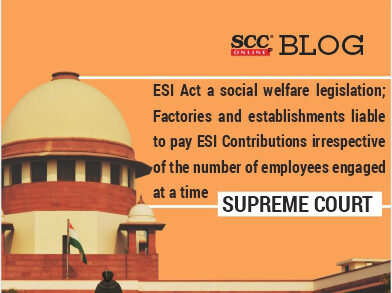
Supreme Court held that the Telangana High Court erred in setting aside the demand notice for the period after October 1989 and that the amended Section 1(6) was applied retrospectively. It was of the view that only in the case of demand notice for the period prior to inserting Section 1(6) of the ESI Act, it could be said that the same provision has been applied retrospectively.
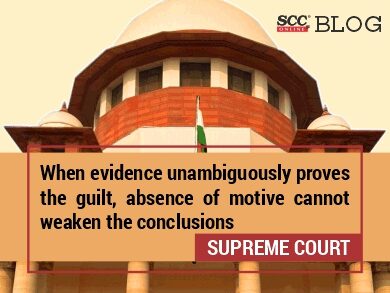
The Supreme Court refused to grant the benefit of General Exception of unsoundness of mind under IPC in favour of the appellant, since he failed to discharge his burden of proof.
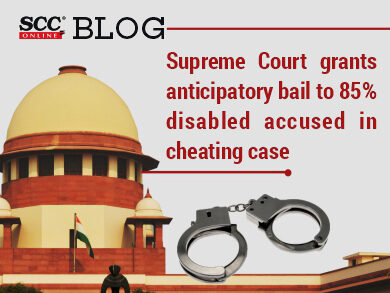
Supreme Court in a case pertaining to allegations of cheating and criminal breach of trust, held that the accused is entitled for anticipatory bail, and directed the Investigating Agency to follow the procedure prescribed under CrPC for investigation against the disabled person
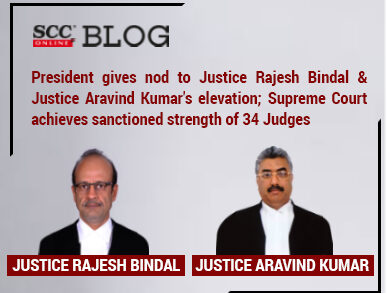
Chief Justices of the High Courts of Allahabad and Gujarat have been elevated thereby paving the way for the Supreme Court to achieve its sanctioned strength of 34 Judges
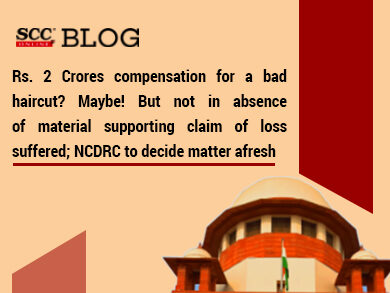
In the case at hand, the woman had sought Rs. 3 Crores compensation, claiming that as a result of the bad haircut, she could not continue to lead her normal busy life as she no longer looked pretty; she had to face great humiliation and embarrassment; her career in the world of modelling was completely shattered; she went into a state of depression. NCDRC had awarded her Rs. 2 Crore compensation but without any material being produced by the woman to quantify the compensation.
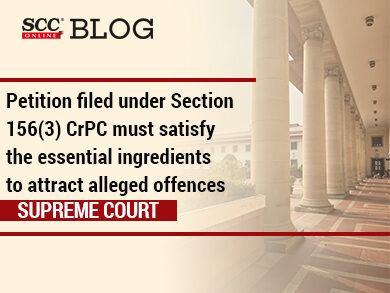
The Supreme Court observed that if allegations in the petition are vague and are not specific with respect to the alleged offences, it cannot lead to an order for registration of an FIR and investigation on the accusation of commission of the offences alleged.